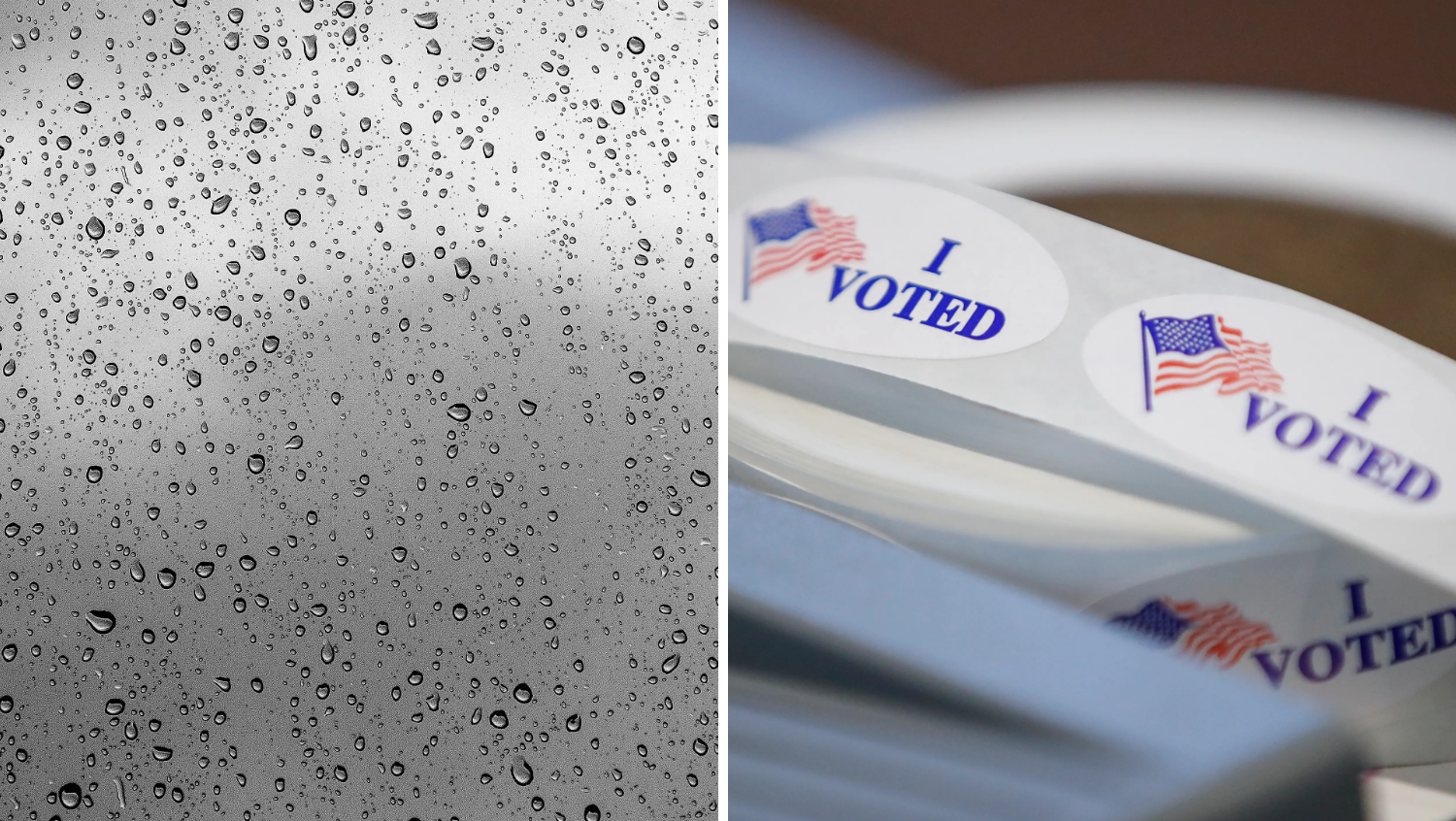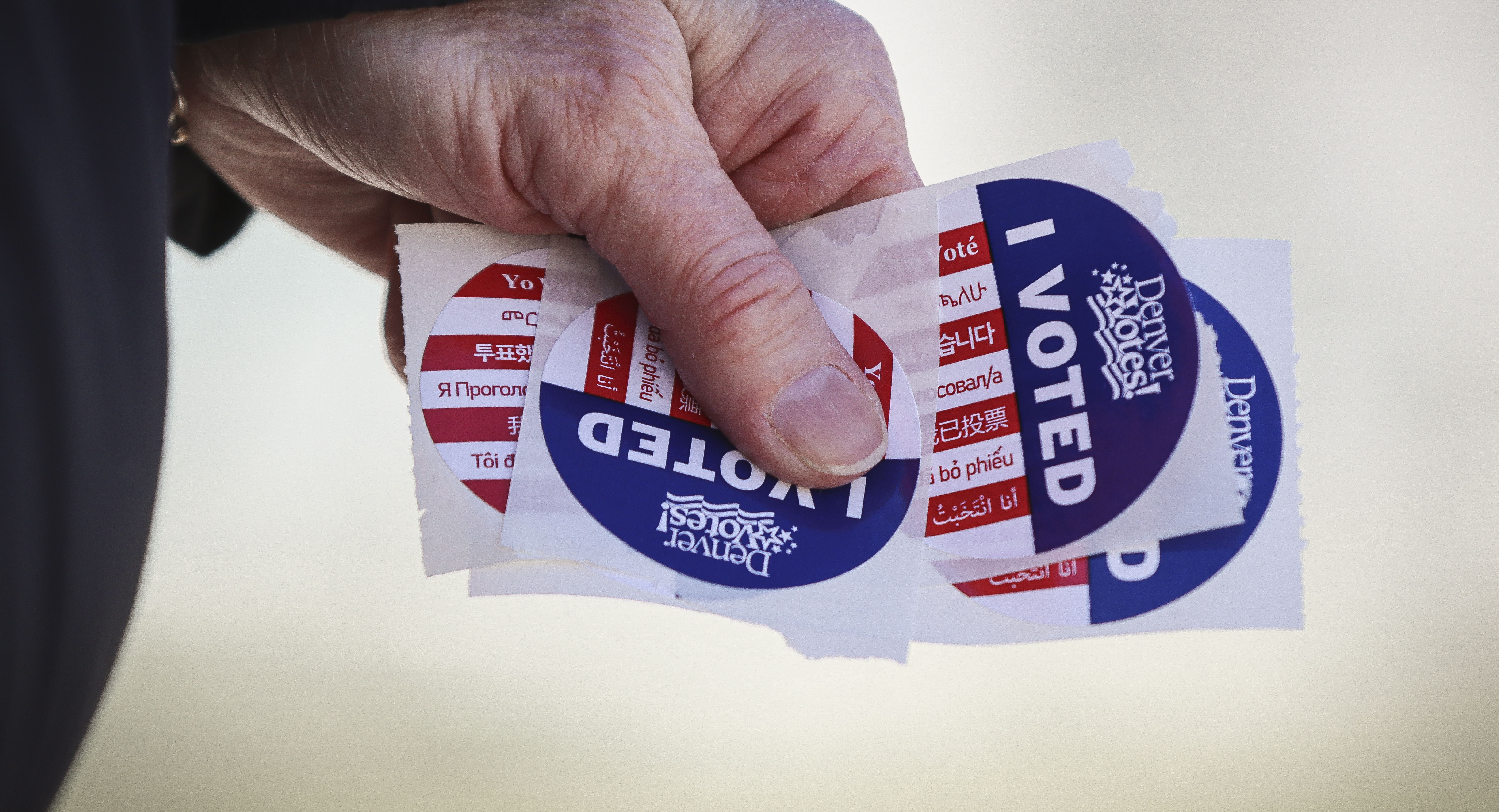Energy utility ComEd pleaded not guilty to bribery at an arraignment Wednesday despite previously admitting wrongdoing in an influence-peddling scheme that also threatens to ensnare Illinois’ most powerful Democrat, state House Speaker Michael Madigan.
The not-guilty plea comes after the U.S. attorney’s office in Chicago unsealed a deferred prosecution agreement with ComEd in July that revealed the existence of a far-reaching bribery investigation. The plea doesn’t mean the company is now saying it did nothing wrong.
Much of the speculation in recent weeks has been on disclosures in the ComEd deal that Madigan, the nation’s longest-serving statehouse speaker, was a prime investigative subject. Madigan has not been charged and has denied any wrongdoing.
The implications for ComEd haven’t been as closely scrutinized. Here’s a look at where the legal process stands with ComEd and where it goes from here:
Q: WHAT HAPPENED WEDNESDAY?
A: As the arraignment began, it wasn’t clear whether ComEd would have to enter a plea. Assistant U.S. Attorney Amarjeet Singh Bhachu said his office didn’t believe one was necessary.
But U.S. District Judge John Kness said he had examined the law and determined that arraignments must include pleas, even when prosecutors plan to drop charges later.
Local
“I don’t want to make a mountain out of a molehill,” Kness said. “But I also want to be careful to follow what the rules are.”
ComEd attorney Reid Schar then entered the not-guilty plea on ComEd’s behalf.
With that, the judge said he didn’t anticipate another hearing for ComEd until 2023. If prosecutors confirm ComEd fully complied with the agreement over the three-year period, charges would be dismissed.
Q: HOW CAN COMED ADMIT TO BRIBERY AND SAY IT’S NOT GUILTY OF BRIBERY?
A: No one participating in Wednesday’s hearing explained how ComEd could could plea not guilty to bribery while saying in its written agreement with prosecutors that it, in fact, took part in a decade-long bribery scheme. It seems contradictory.
Guidelines on the Department of Justice website about such agreement also say corporations “should generally be required to plead guilty to the most serious, readily provable offense charged.” They also say “pleas should be structured so that the corporation may not later proclaim lack of culpability or even complete innocence.”
But legal experts say the plea under a deferred prosecution deal wasn't a big surprise.
“The plea is a placeholder ... it's a formality,” said Laurie Levenson, a professor Loyola Law School in Los Angeles. “I’ve seen it both ways in these situations, a guilty and not guilty plea”.
ComEd, she said, might have chosen to plead not guilty out of caution about triggering liability in related cases or simply to avoid “the moral stigma” of such a plea.
Q: HOW COMMON ARE DEFERRED PROSECUTION DEALS FOR CORPORATIONS?
A: They are relatively rare. There have been a few dozen deferred prosecution agreements with corporations each year on average in the U.S. since 2000, according to Gibson, Dunn & Crutcher, a global law firm that closely tracks such agreements.
Critics view the deals as too favorable to corporations, saying they amount to get-out-of-jail-free cards for executives that often aren’t offered to defendants in common criminal cases without money and clout.
Proponents say the deals give prosecutors leverage to force sweeping changes on a target company’s business practices without driving it out of business and causing widespread job losses. ComEd is the largest utility in Illinois, employing about 6,000 people.
Q: WHAT MUST COMED DO TO AVOID PROSECUTION?
A: Among other things, it must come clean about any illegal activity and tell prosecutors the names of employees the company suspects of breaking the law.
A lengthy list of requirements includes beefing up internal controls to spot unethical or illegal activity, regular training for company leaders to ensure compliance and annual reports to the U.S. attorney’s office.
ComEd must also pay a $200 million fine to resolve the case. One provision in the deal bars ComEd from increasing rates it charges customers to generate extra revenue to pay the fine.
Q: DOES THE DEAL PRECLUDE CHARGES AGAINST COMED EMPLOYEES?
A: No. The agreement with prosecutors is explicit on that point. If evidence emerges that individual ComEd executives or lower level employees sought to bribe any politicians for favorable treatment, they can and likely will be charged.



